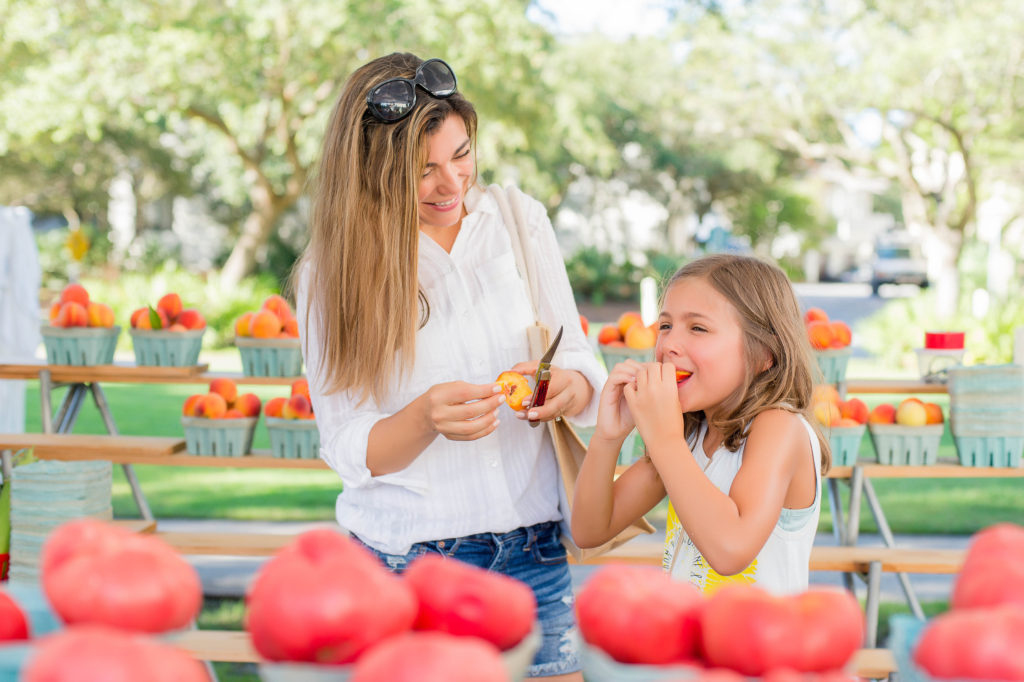When it comes to eating healthy, the emphasis goes beyond just carbs, fat, protein, and calories. It even goes beyond food groups.
When you make the conscious decision to start eating healthier foods, it’s so important to pay attention to what’s in your food.
The nutritional value in foods has decreased significantly over the last few decades. The food we eat now, no longer gives us the nutritional value it used to so we have to seek other sources of nutrients. This is mostly due to the more common use of pesticides and genetically modified foods.
It is also due to the fact that it takes days to get it to the grocery stores after it has been harvested. The longer the produce sits, the more nutrients die off. By the time you get your produce from the grocery store, you may have about 20% of the total nutrient value. This is why I am such a fan of buying from local farmers, buying in bulk from them in season and freezing what you can’t eat to get you through the winter.
By consuming organic food as often as possible and choosing foods that are locally grown, you can minimize the effect of pesticides and GMOs in your diet.

Beware These Foods: The Dirty Dozen
These foods have been named as the most likely to be contaminated by pesticides. If you’re on a budget, these are the foods you want to prioritize buying organic.
- Strawberries
- Spinach
- Nectarines
- Apples
- Peaches
- Strawberries
- Cherries
- Grapes
- Celery
- Tomatoes
- Sweet Bell Peppers
- Potatoes
Safer Bets: The Clean Fifteen
These foods are the least likely to contain pesticides, according to the EWG.org. Because of their many layers and rough outer skin, these foods are less likely to be toxic when bought conventional.
- Sweet Corn
- Avocados
- Pineapples
- Cabbage
- Onions
- Sweet peas
- Papayas
- Asparagus
- Mangos
- Eggplant
- Honeydew Melon
- Kiwi
- Cantaloupe
- Cauliflower
- Grapefruit
Guidelines for Staying Safe When Buying Food
Most foods are much better for your body, on multiple levels, when purchased organic. They’re closer to the earth and more care has been taken to ensure that they’re raised in a natural setting.
If you’re not able to purchase organic at a grocery store, farmer’s markets are a great alternative. Local farmers aren’t subjected to the same large-scale requirements of a corporate or a farm subsidized by the government. They’re usually more likely to use fewer pesticides and more natural methods when growing foods. Often, these small farmers carry organic produce, even if the label itself doesn’t say “organic.”
It’s also easier to buy foods that are in season if you have local sources. It makes purchasing organics and local produce so much more affordable. Farmers want to ensure that their stock doesn’t go bad before the next crop comes to flower. Eating seasonally is also statistically the best way to avoid food that has been genetically altered to remain fresh longer.
Where do you buy food in your neighborhood? If you have a local farmer or farmers market, give them a shout out in the comments!

